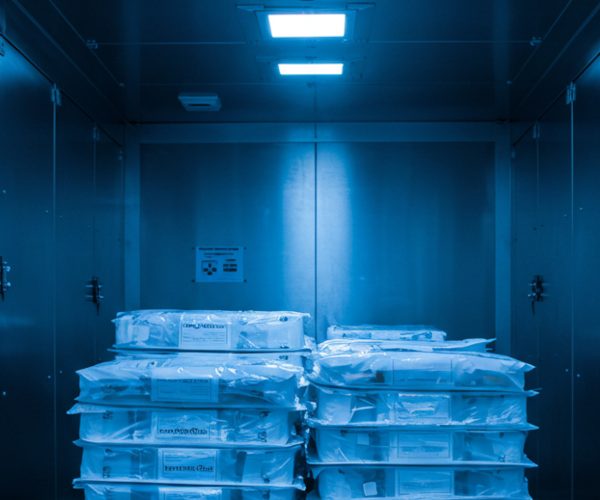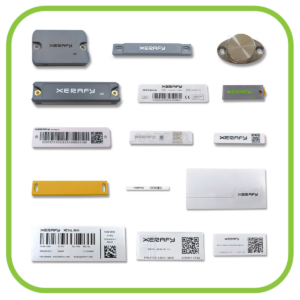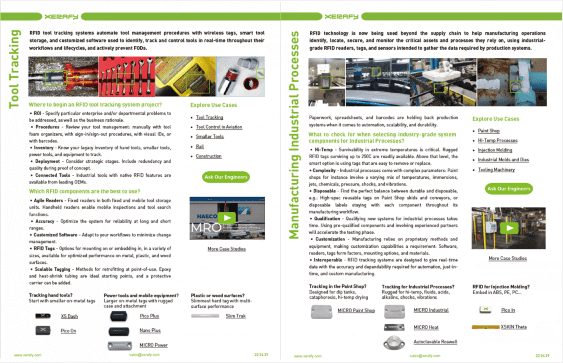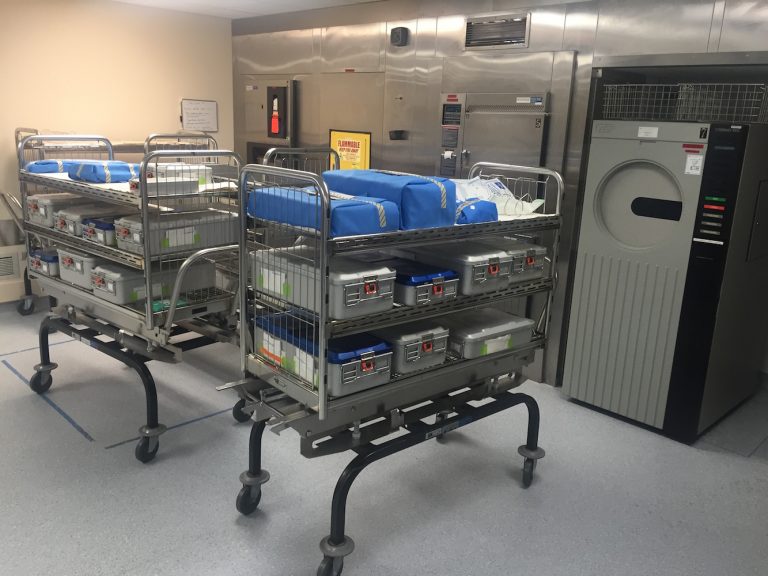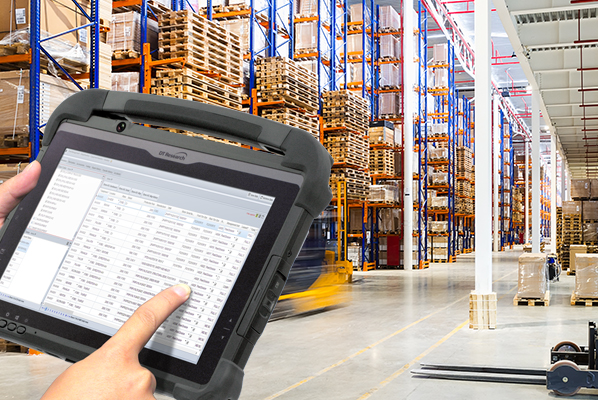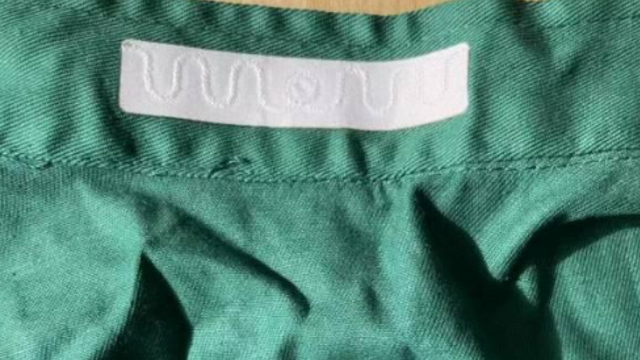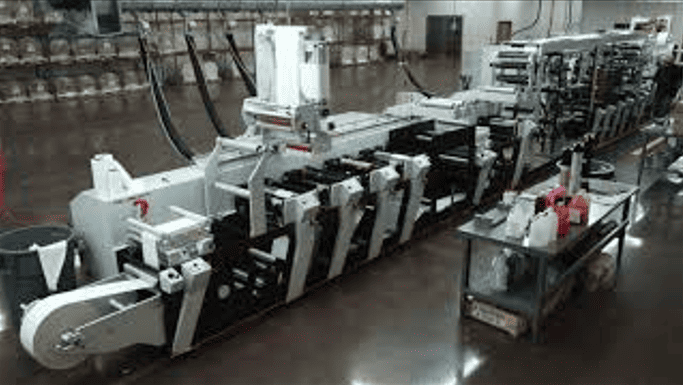In regulated healthcare and life sciences environments, traceability does not end at the production line. For medical devices, surgical kits, and pharmaceutical packaging, labeling must survive rigorous sterilization processes, especially gamma irradiation.
While barcodes and standard RFID labels may degrade or become unreadable, gamma-resistant RFID labels provide a reliable alternative that supports compliance, automation, and patient safety.
This white paper prepared by the Xerafy engineering team presents how RFID labeling (specifically the XSKIN Gamma) meets the demands of gamma sterilization and UDI compliance, with insights into packaging validation, memory encoding, and deployment best practices.
1. UDI Compliance Meets Gamma Sterilization
Global UDI Mandates
Regulators around the world require medical devices to carry Unique Device Identifiers (UDI) to enable traceability across the supply chain and point of care. Key standards include:
- FDA UDI Rule (21 CFR Part 830)
- EU MDR (2017/745)
- China NMPA UDI System
- GS1, HIBCC, and ICCBBA issuing agency support
RFID as a UDI Carrier
RFID is increasingly accepted as a UDI data carrier, especially in automated or high-throughput environments. Benefits over barcode-only labels include:
- No line-of-sight required
- Faster, bulk identification
- Integration with smart cabinets and hospital inventory systems
- Better performance through reprocessing and handling
The challenge? Most RFID labels cannot survive gamma irradiation, a common sterilization method applied to both single-use and reusable devices.
2. Engineering a Gamma-Resistant RFID Label
The XSKIN Gamma is specifically designed for workflows involving gamma irradiation at doses up to 50 kGy. It combines durability, encoding flexibility, and RF performance to support compliance and operational needs.
The XSKIN Gamma 73 x 20 is designed to withstand repeated Gamma and E-beam sterilization cycles, while supporting global RAIN RFID standards for international deployments.
Key Technical Features
- Passive UHF RAIN RFID (EPCglobal Gen2v2, ISO 18000-63)
- 128-bit EPC for serialized identifiers (e.g., GTIN + serial)
- 1,312-bit User Memory for UDI, lot number, and manufacturing data
- One-time encoding, ideal for pre-sterilization serialization
- Read range up to 16 meters off-metal
- Converter-ready: Wet Label, Wet Inlay, and Dry Inlay formats
- Printable with Zebra and SATO printers
It is engineered for use on gamma-exposed packaging including Tyvek, blister packs, pouches, and trays.
3. Validating RFID in Gamma Irradiation Sterilization Workflows
Gamma Sterilization and ISO 11137-1
Gamma irradiation is a validated sterilization technique under ANSI/AAMI/ISO 11137-1, typically delivering 25–50 kGy for terminal sterilization of healthcare products. Any changes in packaging, weight, or orientation must be requalified.
Packaging Considerations
Sterilization effectiveness and RFID performance are both affected by:
- Package volume and density (affecting dose absorption)
- Orientation in carrier totes (affecting dose uniformity)
- Carrier/tote loading specifications (for PQ repeatability)
Labels must be tested in their final packaging configuration. Xerafy’s team supports qualification testing alongside contract sterilization providers.
Packaging Changes and PQ Impact
Any modification to product packaging (such as outer dimensions, weight, or orientation) directly impacts dose mapping and the Performance Qualification (PQ). According to ISO 11137-1, these changes must be reassessed, ensuring that RFID labels maintain readability across minimum and maximum dose zones. Including RFID in PQ assessments guarantees that serialized UDI data remains intact under validated conditions.
4. Use Cases in Healthcare
Healthcare
- Single-use surgical kits and medical devices
- Reusable trays and instruments (multi-cycle)
- Gamma-sterilized PPE and hospital consumables
- UDI labeling for OEM sterile packaging
Life Sciences
- Cold-chain pharmaceutical packaging
Hospital Logistics
- Integration with smart cabinets, automated storerooms, and pharmacy inventory systems to track sterilized goods.
5. Beyond Gamma: RFID Labeling for Other Sterilization Methods
While gamma irradiation is the focus of this paper, other sterilization techniques also demand specialized RFID solutions:
Sterilization Method | Xerafy Tagging Solution |
Autoclave (steam) | MICRO Medical, MICRO Autoclave, ROSWELL Autoclave |
Ethylene Oxide (EtO) | METAL SKIN or XSKIN |
E-beam (electron beam) | XSKIN Gamma |
Disinfection (UV, chemical) | METAL SKIN or XSKIN |
Contract sterilization providers operate validated systems with strict loading specifications, cycle times, and dosimeter locations. RFID labeling must be validated within these specifications, ensuring compliance not only for product sterilization but also for labeling durability and traceability.
Xerafy offers an entire portfolio of RFID tags and labels qualified for various reprocessing, sanitization, and sterilization workflows.
The XSKIN Gamma is a field-tested solution designed to bridge the gap between gamma sterilization durability and UDI traceability. With support for serialized workflows, global standards, and packaging integration, it enables OEMs, converters, and hospitals to digitize and automate labeling across sterilization processes.
Deployment Checklist
<> Confirm sterilization dose and process (gamma, e-beam, etc.)
<> Select label format and encoding scheme (EPC + User Memory)
<> Validate label in final packaging configuration
<> Work with sterilization provider to integrate into PQ
<> Deploy label with UDI serialization at OEM or converter level
<> Packaging dimensions and density validated with sterilization provider
<> RFID label included in PQ dose mapping documentation
<> Processing specifications updated to reflect RFID-labeled packaging
Xerafy is a pioneer in Industrial RFID, bringing to market several innovations that enable advanced identification and automation capabilities in manufacturing.
In addition to a complete range of field-proven RFID tags available off-the-shelf, Xerafy offers Custom RFID Tags services, covering everything from a personalization service bureau to custom-design engineering capabilities.
